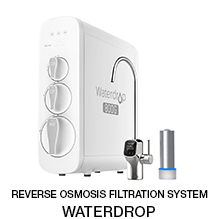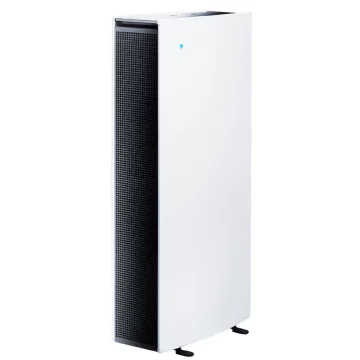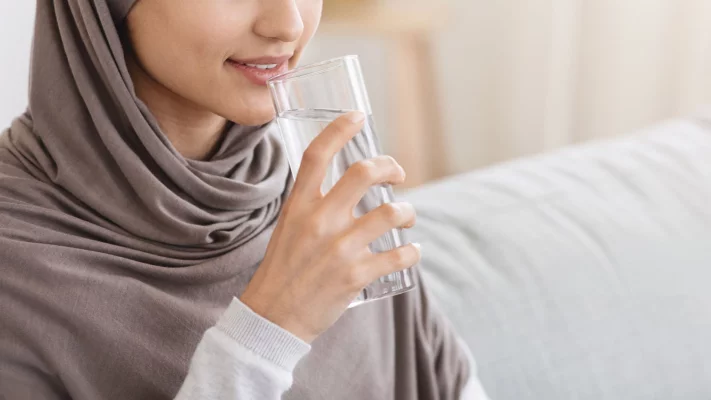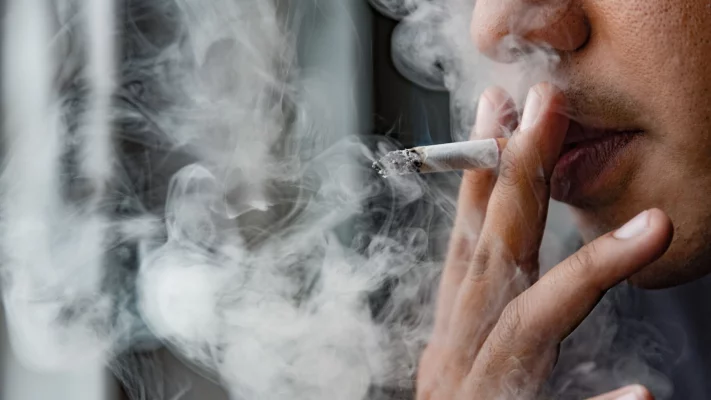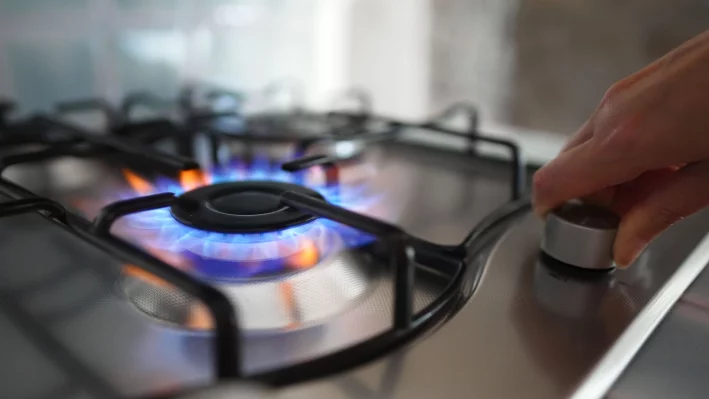- Only 7 countries worldwide met WHO air quality standards in 2024, highlighting a global public health crisis.
- Major pollution sources include traffic, coal, industry, and waste burning—especially severe in urban centers like Jakarta.
- Indonesia ranks poorly, with Jakarta’s PM2.5 levels far above safe limits and slow policy progress despite growing concerns.
- Take control of the air in your immediate surroundings by improving indoor air quality with effective solutions like air purifiers.
A startling new global analysis, reported by the World Economic Forum, the Guardian, and others, reveals that just seven countries worldwide met the World Health Organization’s (WHO) air quality standards in 2024. These countries—Australia, Estonia, Finland, Grenada, Iceland, Mauritius, and New Zealand—are now the rare exceptions in a world increasingly blanketed by unhealthy air.
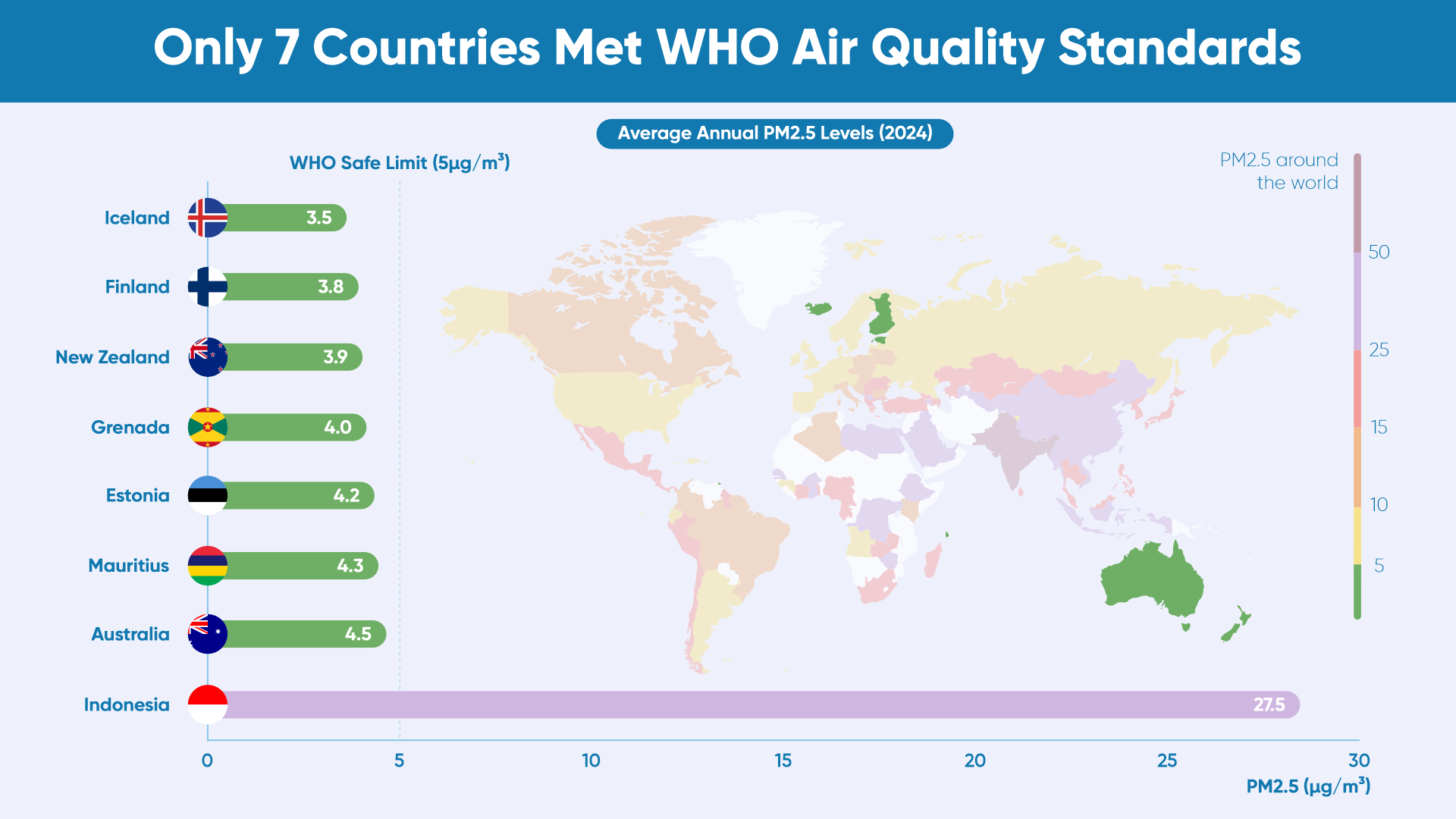
This means that more than 99% of the global population breathed air with fine particulate matter (PM2.5) exceeding the WHO’s recommended levels. PM2.5 refers to microscopic particles small enough to enter the lungs and bloodstream, contributing to respiratory illness, cardiovascular disease, and premature death. These fine particles, measuring 2.5 micrometers or smaller, can deeply penetrate the respiratory system, leading to chronic illnesses such as asthma, lung disease, and even heart attacks. Unlike larger particulates or gaseous pollutants like NO₂ or SO₂, PM2.5 remains suspended in the air for longer periods, making it a critical factor in assessing air pollution levels globally.
What’s Causing the Pollution Crisis?
Globally, air pollution stems from several familiar sources: vehicular emissions, coal burning, industrial smokestacks, open waste burning, and agricultural activity. In urban areas, especially in developing nations, a mix of traffic, construction dust, and household pollution exacerbates the issue.
What sets the clean-air achievers apart? Countries like Finland and New Zealand benefit from renewable energy use, well-enforced environmental regulations, sustainable urban planning, and a culture that values clean living. For instance, high public transportation standards, green building practices, and public monitoring systems contribute to consistently safe air.
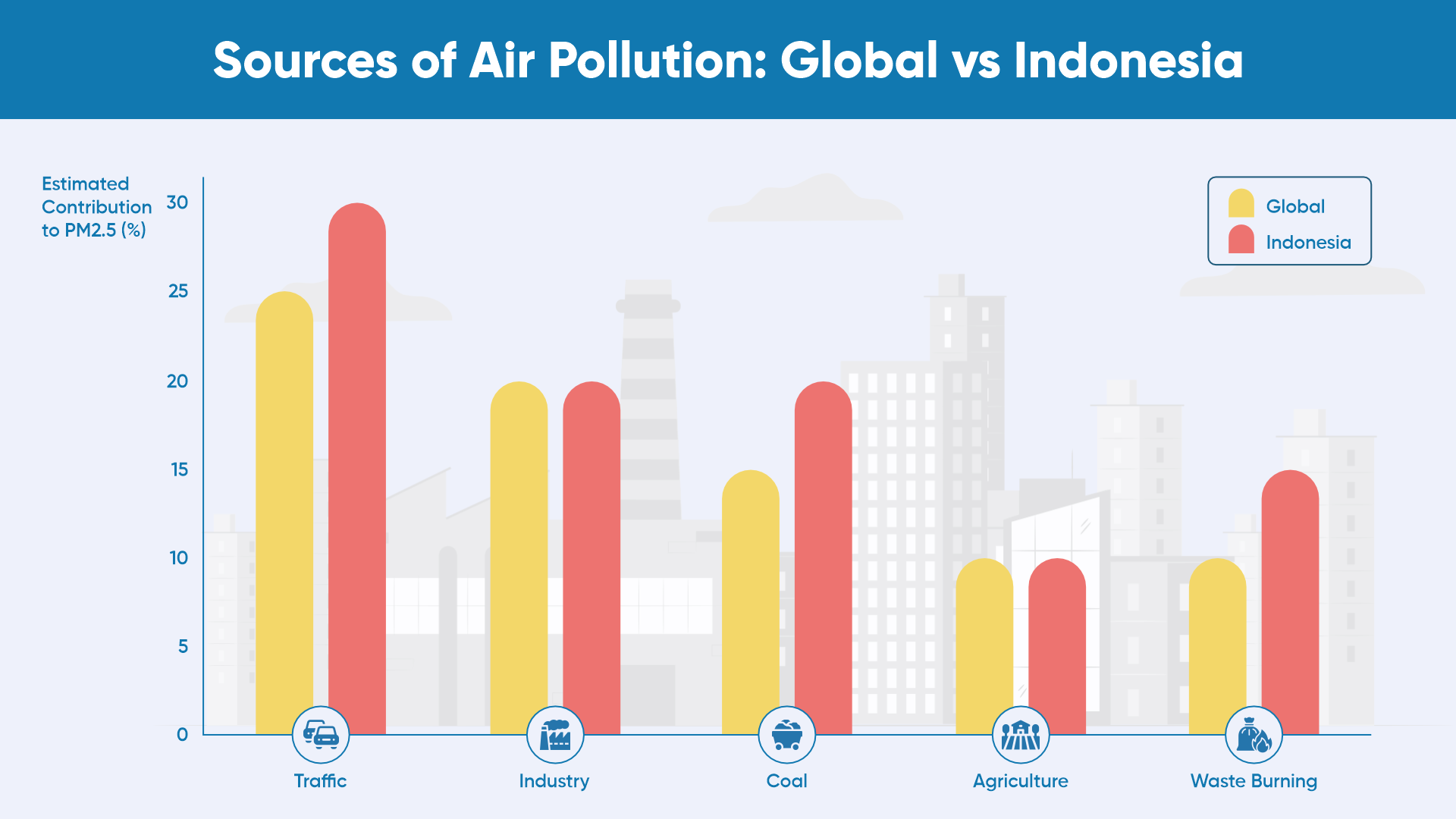
The Situation Back Home: Indonesia’s Air Quality Challenge
Indonesia, and Jakarta in particular, ranks poorly by global standards. In 2024, Jakarta frequently appeared among the top cities with the highest daily levels of air pollution. The city’s poor air quality is fueled by dense traffic, outdated diesel engines, coal-powered electricity, industrial zones, and haze from seasonal forest and peatland fires.
Despite national commitments to curb emissions, progress has been slow and uneven. Public transportation has improved, but vehicle numbers are still rising. Regulation enforcement remains inconsistent, and environmental awareness is growing—but not yet widespread.
What Can We Do in the Meantime?
While we advocate for stronger government policies and long-term reform, individual action is a powerful step in the right direction. Most of us spend more than 80% of our time indoors—at home, at work, and in school. Yet indoor air is not automatically safer; pollutants from outside can seep in, and indoor sources like cooking fumes, cleaning chemicals, and mold add to the burden.
That’s where quality air purifiers come in. Products like those from Blueair, which use advanced filtration technologies, can significantly reduce airborne particles, allergens, and even viruses in enclosed spaces. For families living in big cities like Jakarta, investing in indoor air purification is no longer just about comfort—it’s about health and peace of mind.
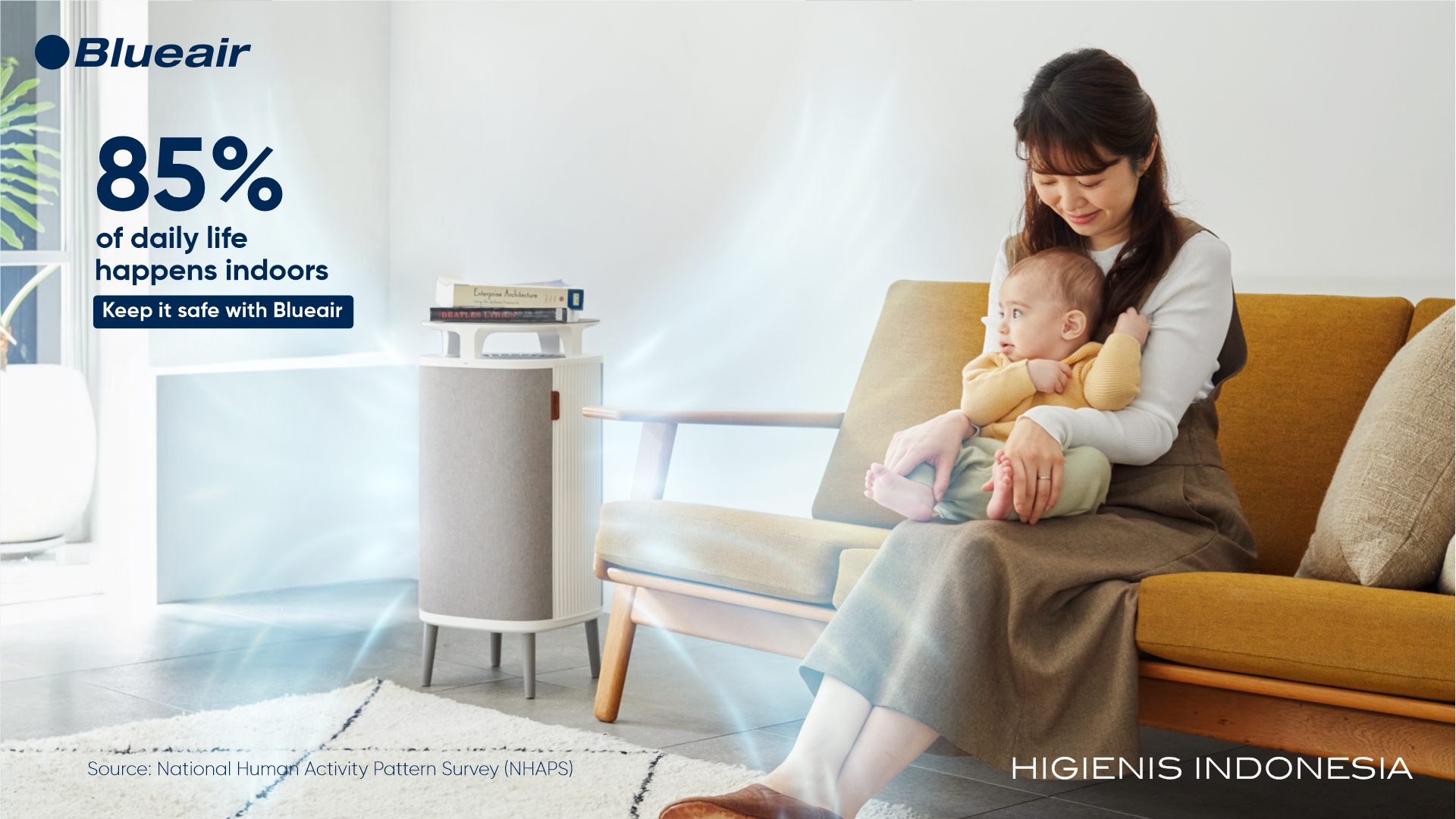
Until national air quality improves, we must take matters into our own hands to create safe havens indoors. Because breathing clean air shouldn't be a privilege—it should be a basic right.
Sources:
https://www.who.int/news-room/fact-sheets/detail/ambient-(outdoor)-air-quality-and-health

 Blueair Blue 3210 Air Purifier with Particle + Carbon Filter - Small Room - 17 M²Special Price Rp. 3,670,800 Regular Price Rp. 3,990,000
Blueair Blue 3210 Air Purifier with Particle + Carbon Filter - Small Room - 17 M²Special Price Rp. 3,670,800 Regular Price Rp. 3,990,000
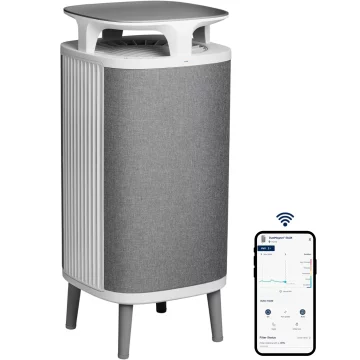 Blueair DustMagnet™ 5440i Air Purifier with Particle + Carbon Filter - Medium Room - 33 m²Special Price Rp. 10,118,400 Regular Price Rp. 10,880,000
Blueair DustMagnet™ 5440i Air Purifier with Particle + Carbon Filter - Medium Room - 33 m²Special Price Rp. 10,118,400 Regular Price Rp. 10,880,000
 Blueair Blue 3610 Air Purifier with Particle + Carbon Filter - Large Room - 51 m²Special Price Rp. 8,905,600 Regular Price Rp. 9,680,000
Blueair Blue 3610 Air Purifier with Particle + Carbon Filter - Large Room - 51 m²Special Price Rp. 8,905,600 Regular Price Rp. 9,680,000
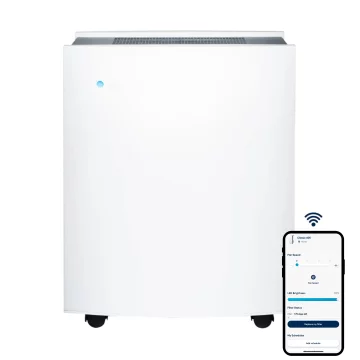 Blueair Classic 605 Smokestop Filter Air Purifier - Extra Large Room - 72 M²Special Price Rp. 13,229,600 Regular Price Rp. 14,380,000
Blueair Classic 605 Smokestop Filter Air Purifier - Extra Large Room - 72 M²Special Price Rp. 13,229,600 Regular Price Rp. 14,380,000
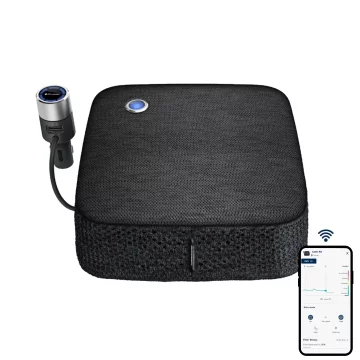 Blueair Cabin P2i Car Air Purifier with Particle + Carbon FilterSpecial Price Rp. 5,282,400 Regular Price Rp. 5,680,000
Blueair Cabin P2i Car Air Purifier with Particle + Carbon FilterSpecial Price Rp. 5,282,400 Regular Price Rp. 5,680,000


